Stream orders
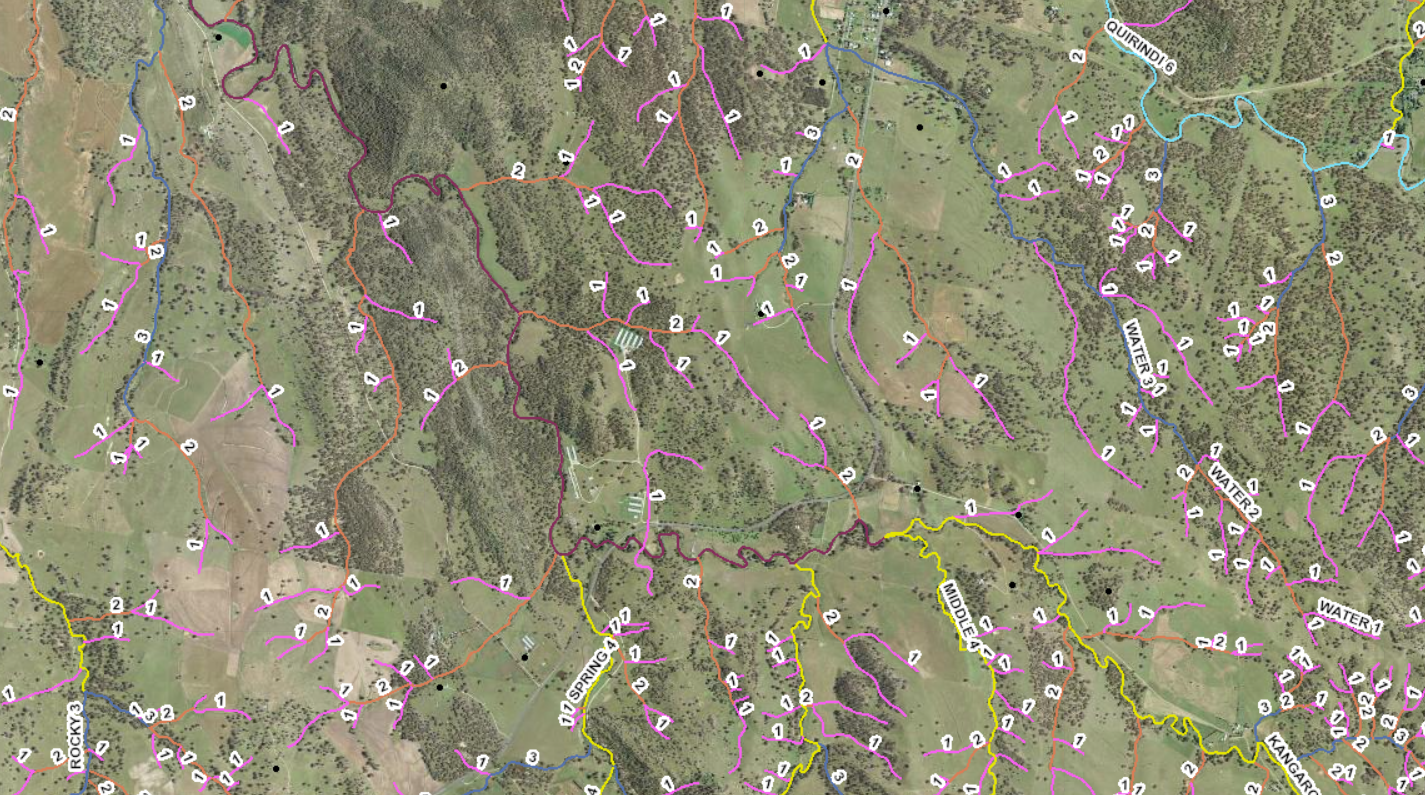 Have you ever wondered what stream
order your local creek or river belongs to? It’s a common question we receive, and understanding stream orders is essential for water
management, planning, and conservation efforts.
Have you ever wondered what stream
order your local creek or river belongs to? It’s a common question we receive, and understanding stream orders is essential for water
management, planning, and conservation efforts.
What is Stream Order?
Stream order is a classification system used to define the hierarchy of streams within a catchment. The system starts with the smallest streams, known as first-order streams, which have no tributaries. When two first-order streams join, they form a second-order stream. Similarly, two second-order streams join to form a third-order stream, and so on. If streams of differing orders meet, the order does not increase—for instance, a first-order stream joining a second-order stream remains a second-order stream.
Why is Stream Order Important?
Stream orders help describe the size and scale of waterways. This information is valuable for understanding water flow, sediment transport, and the ecological significance of the stream or river in its landscape. its is also used to:
- Determine licensing and approval requirements: The Water Management (General) Regulation 2018 uses stream order to determine which watercourses require licensing and approval.
- Identify potential fish habitat: Streams of third order and above are more likely to have valuable fish habitat.
- Determine buffer distances: The non-clearing buffer around a water body changes based on the stream order.
How Do You Find the Stream Order of Your Creek or River?
The Department of Planning, Industry, and Environment (DPIE) has provided resources to help determine stream order for waterways in NSW:
-
Fact Sheet
Learn the basics of determining stream order by referring to the DPIE’s Determining Strahler Stream Order Fact Sheet. This document offers a straightforward explanation and practical steps.
-
Interactive Mapping Tool
You can use the ArcGIS Interactive Map to identify the stream order of your waterway. Simply zoom in on your location, adjust the visible layers (you may need to toggle some layers off for clarity), and find your creek or river to determine its order.
Understanding the stream order of your local waterway is an excellent step toward appreciating and managing our vital natural resources.

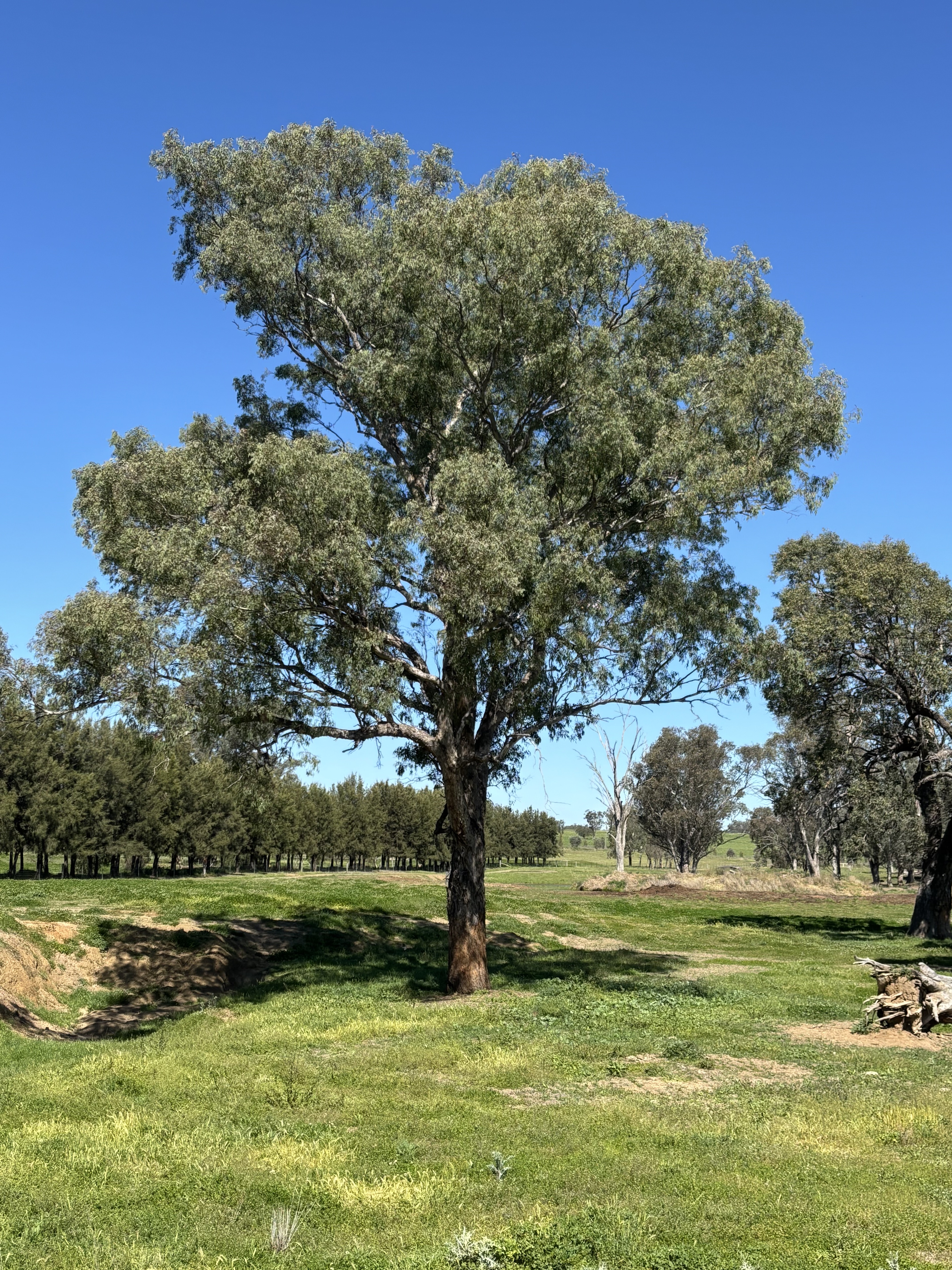
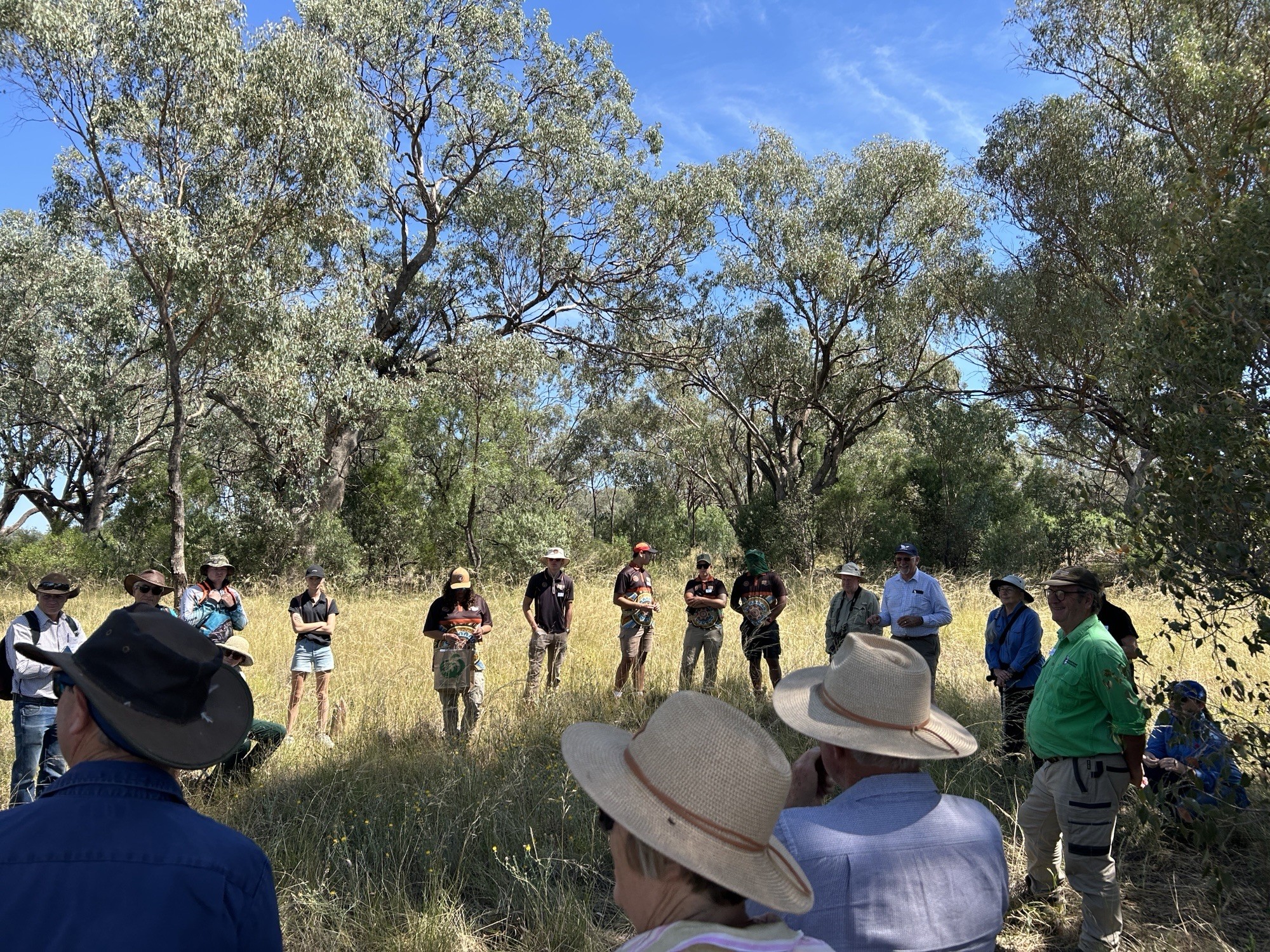
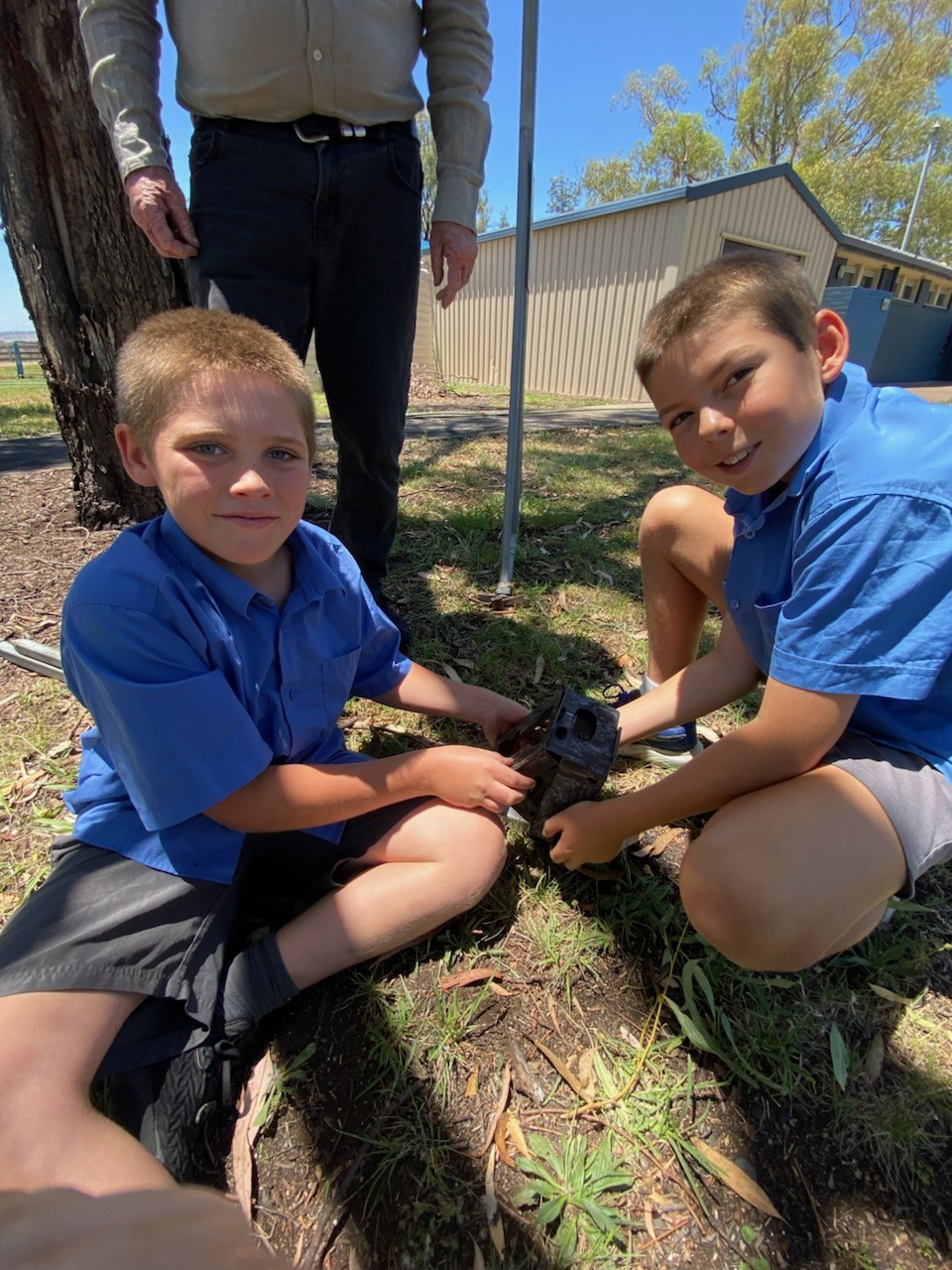
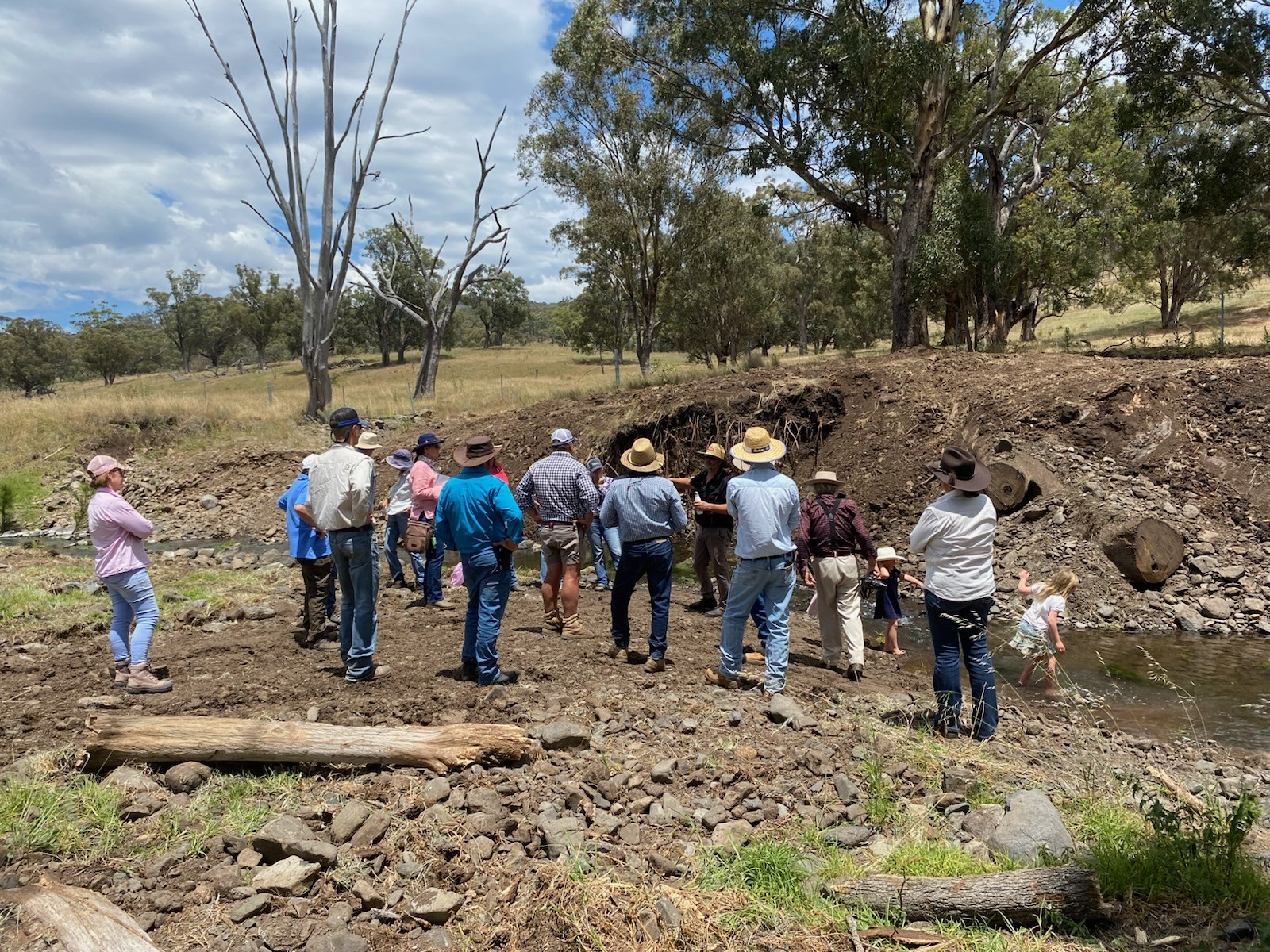
.png)
.jpg)

.png)
